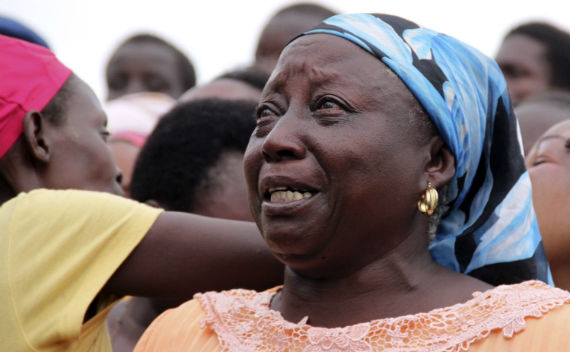Burundi’s Ongoing Conflict and African Elections
More on:

A bloody September 18 massacre of government supporters by, it is claimed, the armed opposition in Burundi is a reminder that elections do not necessarily make things better in bitterly divided African nations. Gunmen killed more than thirty people and wounded at least fifteen in a bar associated with the Burundi ruling party near the Congo border. According to AP, the murders forced the patrons to lie on the floor and then opened fire, yelling “kill them all, kill them all, and make sure there are no survivors.”
In 2008, rebel groups reached an agreement with the Burundian government and agreed to form a political party. But the former rebels withdrew in 2010 amidst claims that the government had rigged local elections, and they refused to participate in the subsequent presidential elections. It is likely that they have returned to the bush on the Congo side of the border. Since then, there are claims that the Burundian government has been systematically eliminating the opposition, and Sunday’s massacre may have been retaliation.
Though the current bloodletting in Burundi dates from the aftermath of the 2010 local government elections, its causes run deep. Similarly, violence following the Zimbabwe elections in 2008, the Kenyan elections in 2007, and the Nigerian elections in 2011 arguably left the three states weaker than they had been before.
Sometimes, however, elections do advance democracy. The classic case is South Africa in 1994 when Nelson Mandela’s presidential victory in credible elections affirmed a new, “nonracial” political order.
Perhaps elections advance democracy in divided African states when the relevant parties have already made a deal or reached an understanding about what divides them –and they keep up their end of the bargain. The South African elections of 1994 followed a protracted negotiating process between the white dominated government, Nelson Mandela’s African National Congress, and Mangosuthu Buthelezi’s Inkatha Freedom Party that sought to address each party’s fundamental concerns. The elections ratified a deal that had already been made. That has not happened in Burundi. It remains to be seen whether it is happening in Kenya or Zimbabwe, Liberia or Congo, all of which face upcoming elections over the next year.
More on:
 Online Store
Online Store